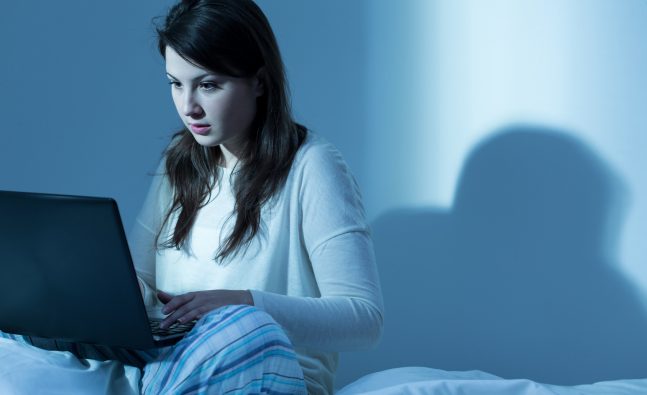Dim the lights to keep the weight off

Light weight
It may be time to ditch the e-reader for a real book and add a dimmer switch to your bedroom.
Exposure to bright light could negatively affect your metabolism, according to a new Northwestern Medicine study.
Whether you’re looking at a bright computer screen or have household lights on, bright light exposure increases insulin resistance compared to dim light exposure in both the morning and the evening. In the evening, bright light also caused higher peak glucose (blood sugar) levels.
What does this mean?
Insulin resistance is the body's inability to adequately move glucose out of the bloodstream, resulting in a build-up of blood sugar. Over time, the excess blood glucose could result in increased body fat, weight gain and a higher risk for diabetes.
"These results provide further evidence that bright light exposure may influence metabolism," said Kathryn Reid, senior study author and a research associate professor of neurology at Northwestern University Feinberg School of Medicine.
"It's cool that bright light has this effect, but we don't understand why yet," Reid said. "In theory, you could use light to manipulate metabolic function."
Lighting the way to better health
Previous research by Northwestern scientists showed that people who received the majority of their bright light in the morning weighed less than those who were exposed to most of their bright light after 12 p.m.
Mouse studies also have shown that mice kept in constant light have altered glucose metabolism and gain weight compared to control mice.
Exposure to bright blue-enriched light in the morning and evening can led to weight gain
For the study, 19 healthy adults were exposed to either three hours of blue-enriched light half an hour after waking or 10 and half hours after waking. The morning group ate breakfast in the light; the evening group ate dinner in the light. Each person's results were compared to their dim light exposure results as a baseline.
"Our findings show that insulin was unable to acutely bring glucose levels back to a baseline level following a meal with bright light exposure in the evening," said first author Ivy Cheung, a postdoctoral fellow in neurology at Feinberg. "The results of this study emphasise that our lighting environment impacts our health outcomes."
-
5 Celebrity trainer’s rules for optimal nutrition
-
Blast belly fat with a basic abdominal bracing technique
-
The Ultimate Fat Loss Guide – 25 Simple Tips To Try Out Right Now
Life was simple back in the day before social media’s incessant
-
Facebook Fat Pants Controversy
Most likely, youve already seen the pictures above—theyve been getting
-
Tips for a balanced diet and weight loss plan: Hidden calories and toxins
-
11 Simple Ways to Get Closer to Your Goal Weight
This article was written by Jenny Sugar and repurposed with permission
- DON'T MISS
- Tips for a balanced diet & weight-loss plan: Eat these healthy desserts
- Burn calories with this simple exercise
- Does Drinking Lemon Juice Help You Lose Weight?
- Change your environment if it tempts you to eat
- Read labels on protein bars before eating
- Top 10 Weight Loss Machines You Should Try Out
- Is It Even Possible for Every Woman to Get Her Abs Back Post-Pregnancy?
- What do French women eat to stay so slim?
- What Is Water Weight, Anyway?
- Could This Gag-Worthy Weight-Loss Hack Actually Crush Your Cravings?




